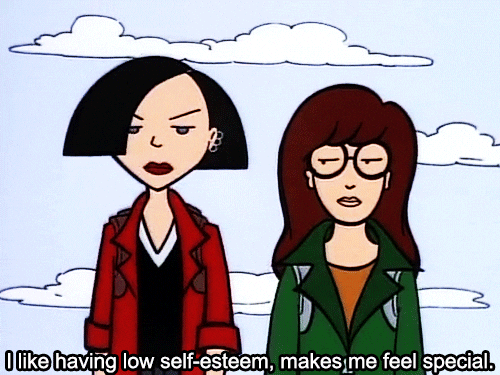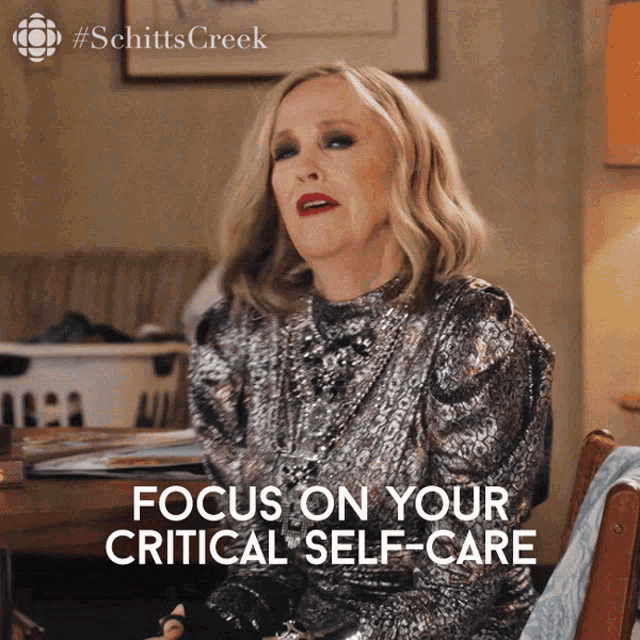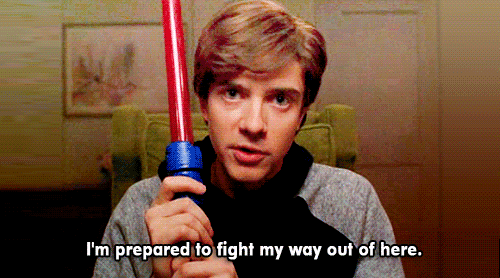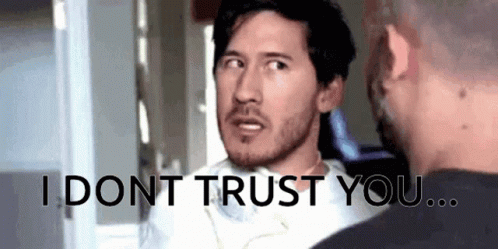How Your Childhood Trauma Affects Your Marriage
Childhood trauma severely impacts you in your adult life. It shapes your thoughts, feelings, and your actions, especially in your relationship and marriage. At a young age, we learn about the safety of the world, our place in it, and our sense of self. How we are raised has a crucial bearing on whether or not we like ourselves or others. If you grew up in a world in which every day was chaos, what else are you going to expect when you are an adult? Every look of disdain from your spouse feels like the end of the world. The words they use that sound like words your abusive parent used bring you right back to your pain as a child. Marriage can bring us right back to the unsafe world of our childhoods, which is a confusing, threatening, and disorienting experience.
Childhood trauma is a global reality that is shockingly common. As much as we like to believe we live in an idealistic world in which parents take care of their children with love and care, that is often not the case. And what happens when your primary role models for love and nurturing in the world give you nothing but invalidation, shame, and abuse? You are unlikely to trust others in your life and with good reason. Your body and mind have learned to shield you from openness to protect you from pain. Here are some of the ways that might be impacting your marriage
Low Self-Esteem
The turmoil of childhood trauma can make you feel worthless as an adult. You were taught, both directly and indirectly, that your pain did not matter. Your feelings were unimportant. Even your physical safety, the bare minimum that any parent should offer, was unimportant. You were taught that you caused these actions. If you had just been quieter, or maybe more assertive. If you had just tried fighting back or maybe not fought back at all. There were no good options, which sets you up with the impossible standard of being perfect. What a hard thing that is to be, especially in a marriage when two imperfect people collide in a desire to create a perfect union. Low self-esteem can make you feel unworthy with your partner, which may cause you to act out in inconsistent ways to gain their approval and affection. You may be hoping to fill the void you feel with your spouse’s love and, much like in childhood, if you can just be perfect, you believe you will be able to gain their love and truly feel like you earned it. That is an unrealistic and unfair standard that you should not have to hold yourself to and your partner likely does not want them from you either.
Lack of Self-Care
Childhood trauma can teach us that we are worthless, hopeless, and inferior. That typically causes a vicious cycle in which we live our daily lives with that same mindset, as we deny ourselves basic boundaries and attention. Self-care is the concept of taking care of our physical, mental, emotional, and spiritual needs, which takes a backseat with experiences of childhood trauma. We do not exercise because just keeping it together on a daily basis is hard enough, but that lack of physical activity actually perpetuates the feelings we are trying to work through. We deny ourselves spiritual belonging and gratification because we feel unworthy, yet we deny the possibility of activities like gratitude, connection to a higher purpose, or creativity that can help to give life meaning and thus give us a sense of worthiness. Self-care is essential to being present in a marriage on a daily basis, as we have to give to ourselves to be able to give to others. If you are constantly running on empty, how can you possibly handle a partner who consistently asks you to meet their needs with increasing intensity? It will just end up feeling like another thing that you are failing at. Taking care of yourself is vital, so please give yourself permission to be a whole person.
Conflict is a Threat
Marriages and relationships are fraught with conflict. There is often a misconception that conflict should be avoided, but conflict can actually be healthy in a relationship. Beyond that, it is just a fact that living with or being in an intimate relationship with another human being is going to bring up difficult feelings and interactions. What thriving couples learn to do is to have effective conflicts and to assure their care and love for each other, even in difficult times. Childhood trauma can make that seemingly impossible. Conflict represents threat and threats were what you dealt with on a daily basis as a child, whether that was physical, emotional, or sexual. Being back in a similar situation can make it feel like you are right back in your childhood. Emotional wounds do not heal the same way that physical wounds heal with time. They can feel like they are still happening, no matter how much time has passed. When you fight with your partner, you might feel scared in the same way you felt as a child. Your body may respond in one of three ways: fight, flight, or freeze. Fighting might be a way that you unconsciously say to yourself: “I will not let myself be put in this situation ever again.” So you argue back, you scream, and you desperately want to be heard. When you flee, you are saying to yourself: “I have to get out of this conflict before it destroys us.” To protect you and your relationship, you leave the situation before it gets out of hand. When you freeze, you are left numb by the overwhelming nature of the conflict and you shut down, which helps you to retreat to a safe place within yourself, but it leaves your partner having a one-sided conversation. As you can see, none of these strategies are effective in a marriage
Difficulty Relying on OtherS
In a marriage, you have to rely on your partner to meet your needs. When you experienced childhood trauma, that can feel like an impossible task. Relying on others was never in the cards. The few times you tried were met with mockery, bullying, invalidation, ignoring, physical abuse, or any number of unhealthy methods. Being vulnerable to someone else was a life or death proposition, which caused your body and mind to wisely choose life and safety. But now that you are in a marriage or serious relationship, those same strategies can be unhelpful when you want to connect with your partner. Marriages require openness and vulnerability, which can be hard to provide. Taking things slowly with your spouse while being open about the pain from your past can help you two to better understand each other and communicate. If your partner knows your history and they care about you, then it is far more likely that they will be willing to help when you share your story, rather than hiding the truth and using strategies like yelling or shutting down to hope they will hear you. If they don’t know, they can’t help. If opening up to your partner feels difficult, please consider seeking an individual therapist who works with trauma. They can help create a safe place for you to process your life events and hopefully lead you towards more openness with your partner before starting couples counseling.
Childhood trauma leaves a lasting impact, but you can get your power back and control your future. You can learn how to recognize trauma triggers, process your trauma, and heal to become a more fully-formed person, rather than being defined by your past. If you are interested in individual childhood trauma counseling in Colorado Springs, we can help! If you are ready to take the step to working on marriage counseling, we can help with that too!




